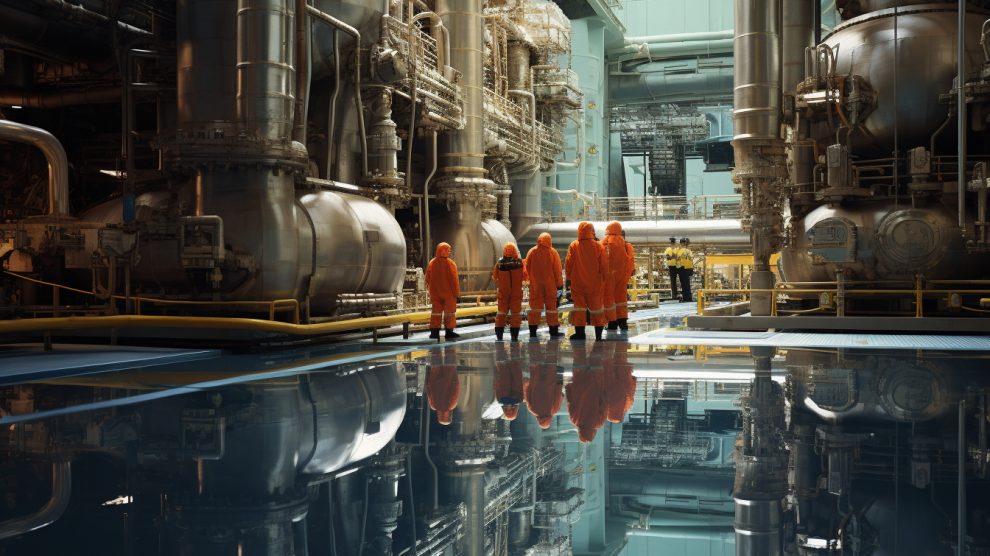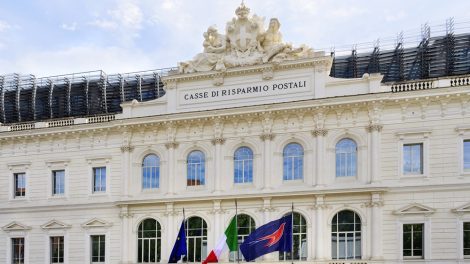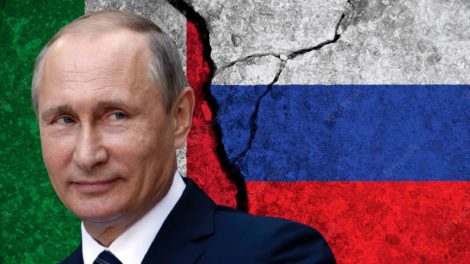Decoding the news. Italy positions itself as a diplomatic bridge between the IAEA and Iran, at a time of heightened tensions over Tehran’s nuclear program.
- The risk to nuclear infrastructure remains constant, prompting Rome to advance diplomatic initiatives.
- Why it matters: According to Iran’s envoy to the IAEA, a delegation from Tehran will meet today in Vienna with Agency officials to discuss and define a “new form of cooperation.”
What Tajani says:
- “Italy reaffirms its full support for the IAEA’s role in guaranteeing global nuclear security.”
- “We also discussed Ukraine. Kyiv must be involved in talks on nuclear safety in the country: Zaporizhzhia can serve as a model in the negotiation path that we hope will lead to peace.”
Focus on Ukraine. Tajani’s reference to the “Zaporizhzhia model” underscores the IAEA’s engagement on the Ukrainian front. The plant, situated on the front line and repeatedly struck by shelling and drones, remains a high-risk site. Grossi warned that “the possibility of something happening is extremely high,” while diplomatic efforts aim to avert a nuclear catastrophe in the midst of war.
Zoom in: Iran. According to a confidential IAEA report, as of June 13, 2025, Iran possessed 440.9 kilograms of uranium enriched to 60%—a short technical step from weapons-grade levels at 90%. Such material, if further enriched, could theoretically yield multiple nuclear devices.
- Following Israeli and U.S. strikes on sensitive facilities, Tehran suspended cooperation with the Agency, restricting inspector access to the Bushehr plant only.
- The IAEA has been unable to verify Iran’s stockpile for over two months, calling the situation “a matter of serious concern.”
- Meanwhile, France, Germany, and the United Kingdom (the JCPOA’s E3) have triggered the “snapback” sanctions mechanism under the 2015 nuclear deal, further pressuring Tehran while leaving a narrow diplomatic opening.
Zoom out: Grossi’s call with Pope Leo XIV. After today meeting with Pope Leo XIV, Rafael Mariano Grossi, Director General of the International Atomic Energy Agency, speaks to Vatican News about the urgency of slowing the rush toward nuclear rearmament and proliferation.
- In an interview with Vatican News Grossi emphasised:
- “What we are seeing in general is an increase in nuclear armament as opposed to disarmament.”
- “It is indispensable to relaunch arms control… so that we stop this impression that we are inevitably in a toboggan towards more nuclear weapons.”
- “We’re trying to do this in the Middle East, in Iran. We’re trying to do this in Ukraine, Russia, and Zaporizhzhia.”
What we’re watching. Talks between Iran and the IAEA are underway today, September 5, 2025, amid heightened tensions and uncertainty over enriched uranium stockpiles.
- If inspections are not restored, the JCPOA “SnapBack” mechanism could reimpose UN sanctions by October 18, 2025, adding pressure on Tehran.
- U.S.-Iran negotiations remain stalled, reinforcing Tehran’s reluctance to grant inspectors full access and complicating de-escalation efforts.





